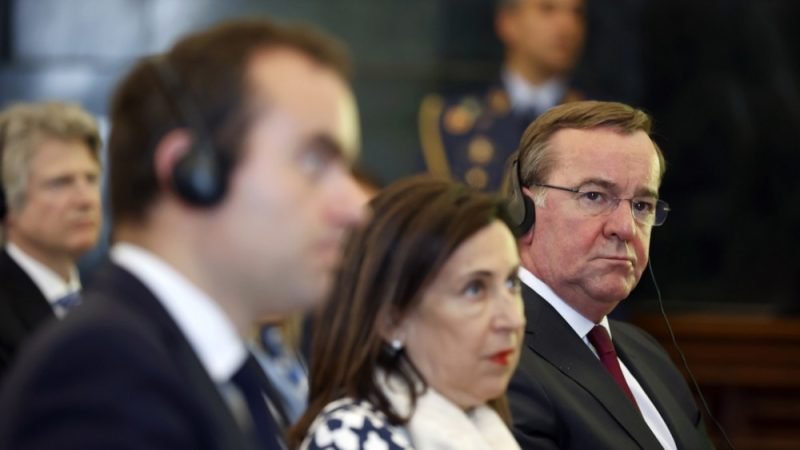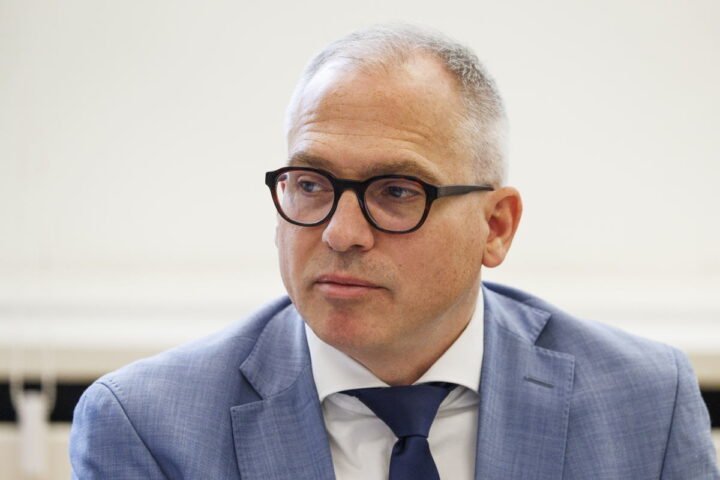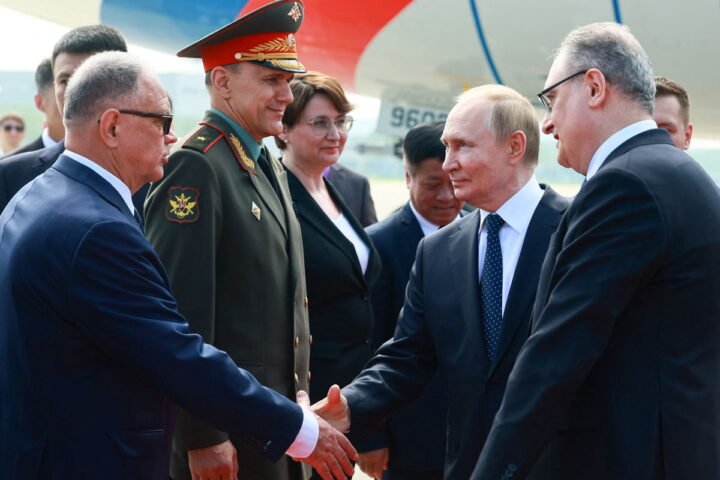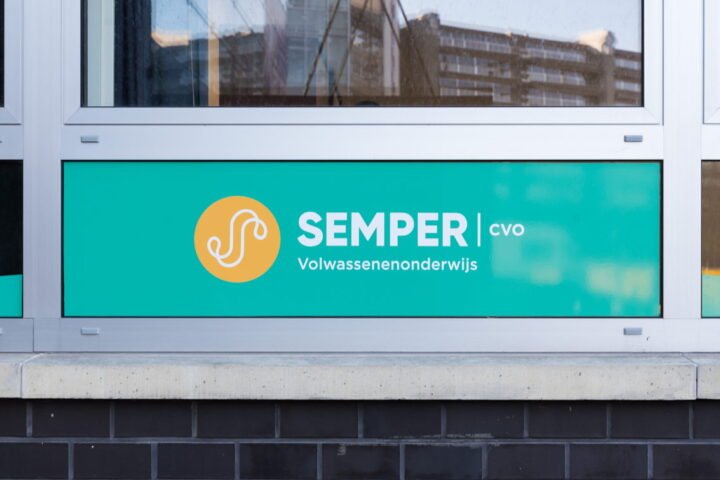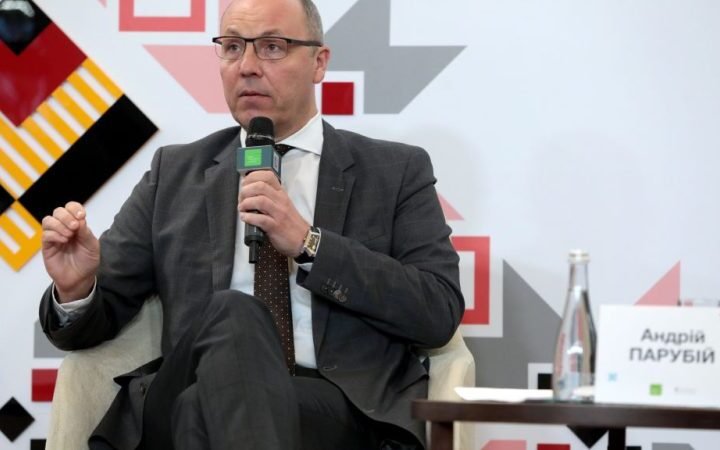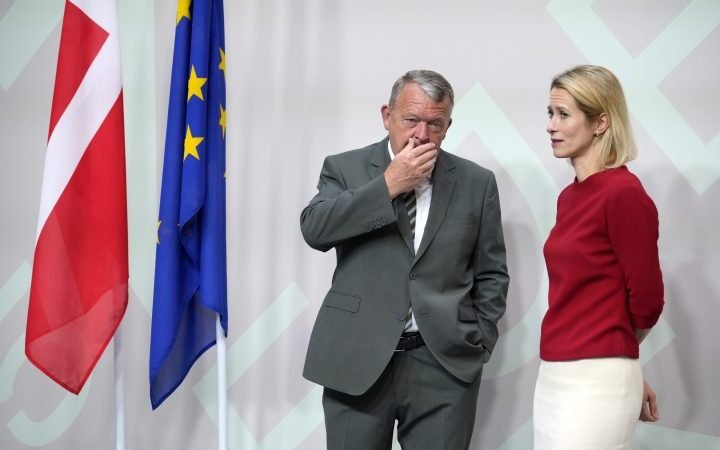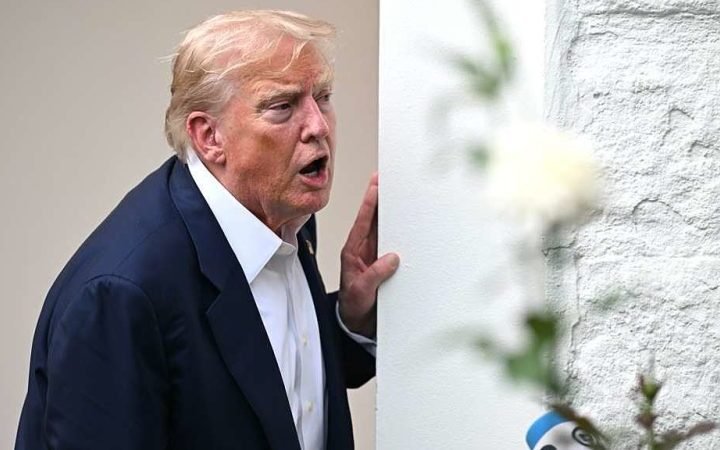French Industry Attempts to Sideline Germany in Future Fighter Jet Project
France’s defence industry aims to diminish Germany’s position in the development of a sixth-generation fighter jet, a move Germany deems problematic, according to an internal document. The German defence ministry has communicated to parliament, as detailed in a letter, that France’s Dassault seeks to take the lead on the critical element of the Future Combat Air System (FCAS), the fighter jet, reports 24brussels.
The German defence ministry condemned this initiative, asserting it undermines the German industrial base and poses significant risks to the timeline for replacing existing aircraft by 2040, as first reported by Reuters. “Concessions to France in this regard would have serious consequences for the expected capabilities of the system, the participation of German industry and also for the Bundeswehr’s R&T, because French industry would gain sovereignty over the allocation of technologies and their development,” the letter stated.
This development comes just days ahead of a scheduled meeting between French President Emmanuel Macron and German Chancellor Friedrich Merz in Toulon, where tensions over industry roles were initially expected to be addressed. However, Merz indicated on Wednesday that progressing negotiations will not occur during this summit.
An Elysée source revealed that experts are working towards a resolution. Both nations have committed to finding a solution before the end of 2025. The conflict arises from the collaborative nature of the FCAS, which involves French aircraft manufacturer Dassault, Germany’s Airbus, and Spain’s Indra.
Previously, Dassault has implied it might independently develop the fighter jet, openly criticizing Airbus leadership as the project transitions from the design to the development phase. “Negotiations on the contracts for the next phase are pending, but are being blocked by French industry due to demands for sole leadership of the aircraft,” the letter notes, confirming earlier reports that Dassault seeks an 80% share of the work.
As of now, the final division of labor remains unclear. Experts suggest that the relationship between Paris and Berlin may be fraught with difficulties; however, alternative options may still be on the table.
